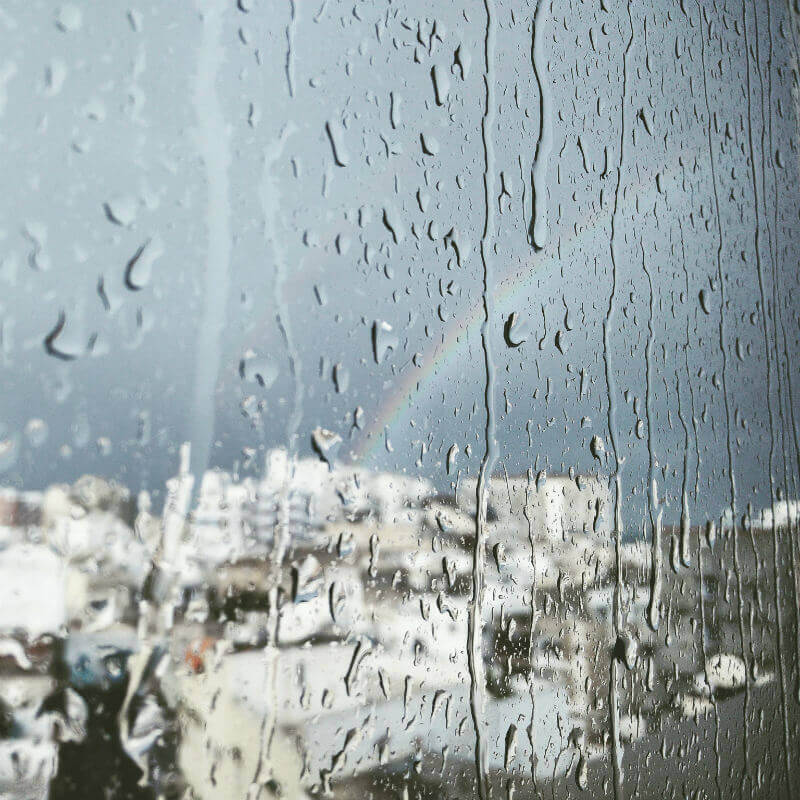When you experience a chimney leak, it can be a huge frustration. It can cost you lots of time and money to find and repair it, while also putting your family and home in danger. If you catch chimney damage before it leads to a leak, this will help you avoid lots more damage down the road! If you suspect a leaky chimney, call the professionals immediately.
At The Mad Hatter, we diagnose and assess chimney leaks year-round. We don’t just fix chimney damage, but we stop chimney leaks at its source. With our expertise and care, we can prevent chimney leaks of all kind to protect your chimney system against future leaks.
Five Common Water Entry Points

If you don’t know what to look for, you may not be able to catch a chimney leak before substantial damage occur. This is because most of the system is hidden and only a chimney professional knows what to look for. You can catch a chimney leak early by knowing where to look.
- The Roof
It may appear that your roof is leaking when a leak occurs in your house. However, water’s most common entry point is actually the flashing! In fact, flashing leaks are very common. Due to improper installation or wear-and-tear, the flashing can become dislodged over time. The flashing is checked during routine inspection and should be replaced if it shifts and nails are visible. It should also never be covered in tar or sealant. - The Crown
The mortar crown should be made specifically for your chimney, otherwise it become damaged by water, sunlight and heat. A small crack in the crown can allow water into the system and lead to damage. When the crown has extensive damage, it has to be replaced by a professional to continue protecting your system against water. - The Chimney Cap
The chimney cap is the chimney’s roof, protecting the flue from water, animals, and debris. When properly installed, the cap should shed water away from the flue and onto the crown, where it run off and fall onto the flashing at the base of the chimney. If there is water inside your chimney, your cap could be the culprit—because it is damaged, dislodged, or missing. - The Masonry
Chimneys are traditionally constructed of masonry due to its porous nature. This allows the chimney to breathe and provides a strong foundation. The materials, however, also makes it highly susceptible to water. When the masonry takes on water, it can lead to spalling. The cracks and gaps in the mortar and bricks caused by spalling, allow more water inside your chimney. - The Fire
The cause of the water damage affecting your house may not be coming from the outside at all—but inside. If you have a gas fireplace that is not properly venting, your home will be affected by condensation, which causes a chimney leak.
If you suspect your chimney has a leak, it’s important to call a professional. At The Mad Hatter, we check for chimney leaks, other damages, and can stop water at its entry point. Call The Mad Hatter today at 317-596-0200.
